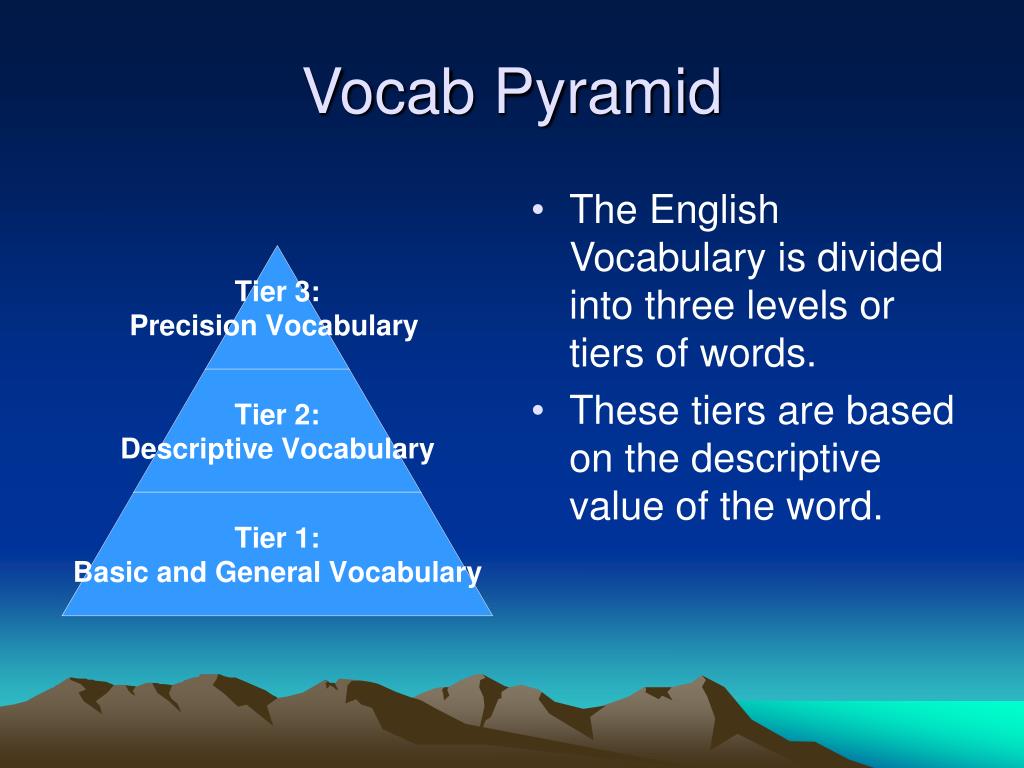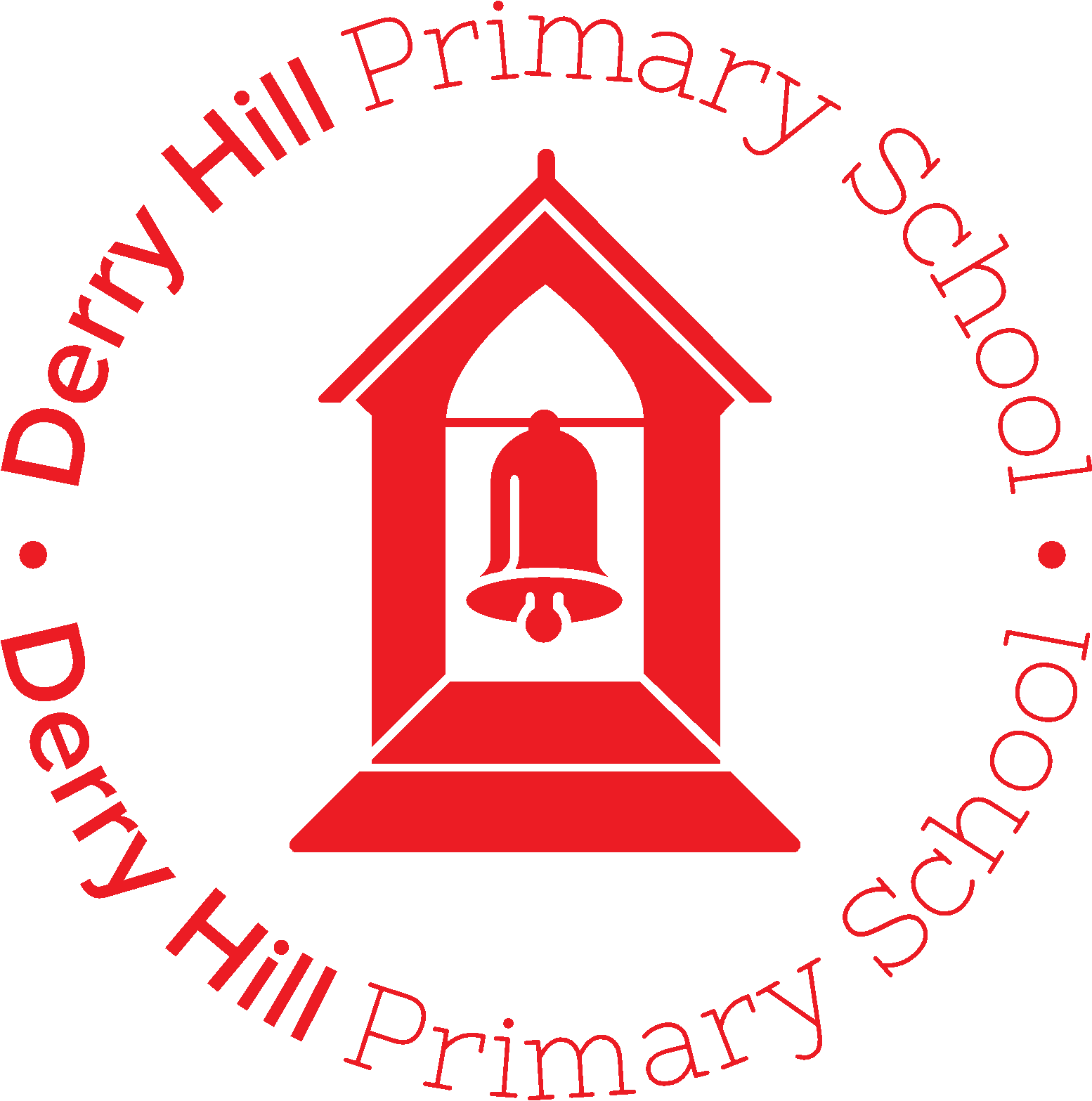Developing Vocabulary
Our Aim
Research shows that the size of a child’s vocabulary is a strong predictor of reading success and also for success in future tests and exams. At Derry Hill School we aim to provide lessons where we explicitly teach vocabulary, raise children’s interest and motivation to develop their own vocabulary and celebrate exploring and using ambitious word choice. We want to support all our children to use a wide vocabulary, whilst recognising that children join our school at very different starting points.
Teaching & Learning
We use a number of practical strategies to help children to develop their vocabulary
- Class reading: vocabulary can be discussed in the context of the book being read. Children are encouraged to apply this learning in their class discussions and written work.
- Class environment: working walls display specific vocabulary that children can refer to. They are kept up-to -date and accessible. We aim to develop a rich language environment.
- Topic specific vocabulary is included in our knowledge organisers and on our termly planning so that words can be discussed at home.
- Specific teaching where the teacher identifies certain words and provides direct instruction in word learning strategies (looking at root words, finding synonyms and definitions etc).
- We create excitement about discovering new words (it is okay not to know what a word means).
- Children are encouraged to use new vocabulary accurately within full sentences in their speech as well as their written work. Ambitious or new vocabulary used by the children is celebrated by the teachers.
Three tiers of vocabulary have been identified and teachers think carefully about providing opportunities for children to use and explore words from each tier.
Tier 1 words – basic words used in the child’s everyday setting (e.g. go, play).
Tier 2 words – complex words (e.g. compare, neutral).
Tier 3 words – highly specialised, subject-specific words (e.g. isosceles).

Equality of opportunity
The gap between vocabulary used by children from a ‘word-rich’ environment and by those from families where children are not read to or spoken to as frequently is significant. It is our aim to narrow this gap and we provide additional support for children who have a limited vocabulary. Children who have English as an additional language are also supported to develop their vocabulary.
